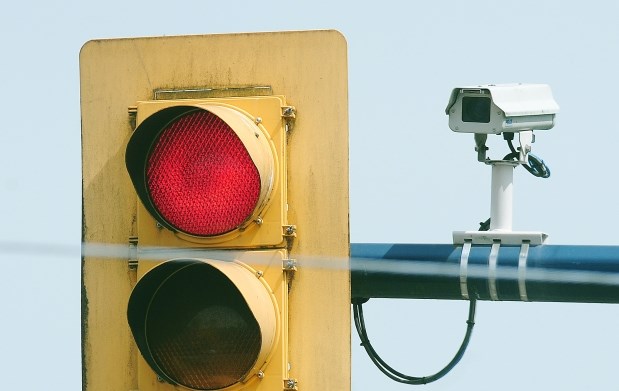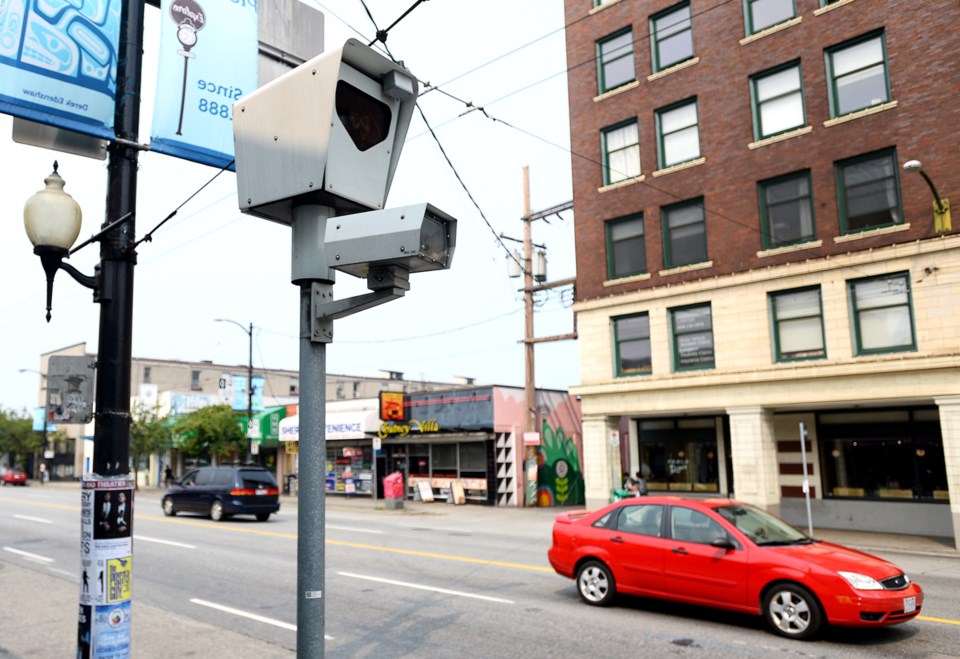Here’s some bad news for reckless wannabe Dom Terretos in Burnaby.
The B.C. government has “tweaked” three intersection cameras in Burnaby, meaning that if you go all Fast and the Furious it will lead to an automated speeding ticket.
“Government has completed its analysis of speed and crash data for the 140 Intersection Safety Camera (ISC) program sites currently equipped with red-light cameras,” said a news release. “It has identified 35 with the greatest potential for further safety gains through automated speed enforcement. Beginning this summer, B.C. will install new warning signs and activate technology to ticket the registered owners of vehicles entering these intersections well over the posted limit on a red, yellow or green light.”
The three Burnaby intersections are:
- * Kingsway at Boundary Road
- * Kingsway at Royal Oak Avenue
- * Willingdon at Deer Lake Parkway
"We have a record number of crashes happening - more than 900 a day in our province - and about 60% of the crashes on our roads are at intersections," said Mike Farnworth, minister of Public Safety and Solicitor General. "We've taken time to systematically pinpoint the locations linked to crashes and dangerous speeds that are best suited to safely catching, ticketing and changing the behaviours of those who cause carnage on B.C. roads."

Between 2012 and 2016, ISC sites in B.C. reported an average of 10,500 vehicles a year going at least 30 kilometres per hour over the posted speed limit, as detected by red-light cameras, which also monitor vehicle speeds. Speed has been one of the top contributing factors in casualty crashes at these intersections, which have had a combined total of more than 11,500 collisions per year.



